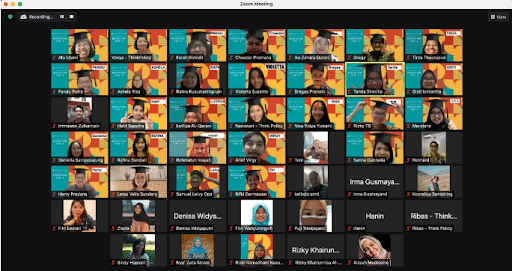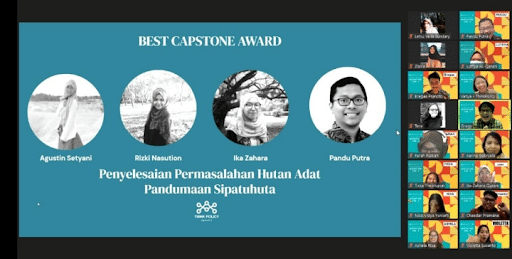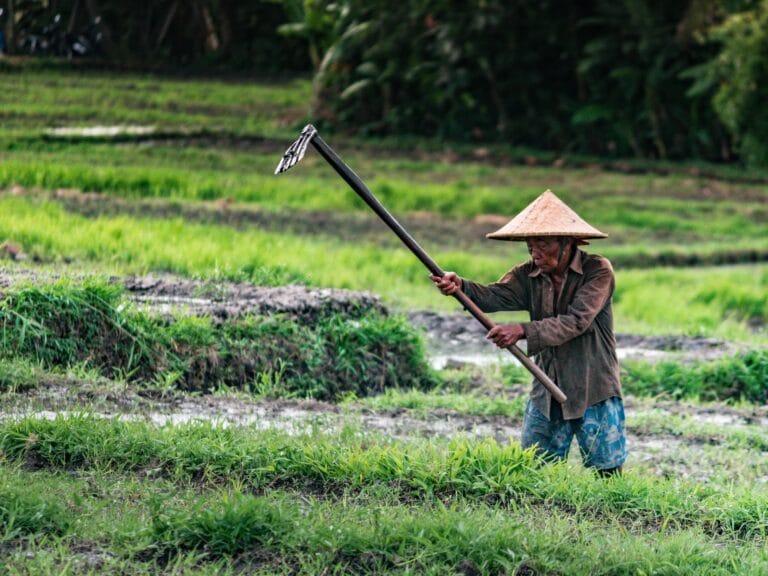Working at the Tay Juhana Foundation has exposed me to various science-related activities such as conducting research, writing academic publications, as well as presenting the research findings to a wide range of local and global audiences. Science indeed plays a crucial role in improving the way we produce food to helping us identify the best solution to adapt to the climate crisis. Nevertheless, relying on science alone is not enough to foster the change we want to see.
In fact, many environmental aspects such as land use, farmers development, and agriculture sustainability are largely determined by the implementation of existing governance and policies. For example, the decision-makers in some countries may decide whether a particular area will be utilized for crop lands, conservation, or infrastructure, based on a list of considerations that are normally dominated by political and economic influence rather than a scientific basis.
Therefore it is important for us to equip ourselves with proper knowledge on the policy-making process and skills to embed the research findings into the policy recommendation. To that end, I decided to participate in a highly competitive program called Think Policy Bootcamp (TPB). It offered 3-months long online classes that trained Indonesia’s young professionals in finding solutions in the public sector using analytical, strategic, and empathetic perspectives. Not only providing highly qualified mentors from various sectors, TPB also consisted of eighteen courses that are thoroughly designed including framework for problems identification, evidence-based policy, behavioral approach, stakeholders negotiation, storytelling, and data visualization. These courses have helped me to see things with new perspectives and design better strategies in engaging the policy-makers.
Other than attending the classes, the participants were also divided into several groups to work on a capstone project that will be presented at the end of the program. My group decided to take the case of land conflict in the Pandumaan-Sipituhuta indigenous forest in South Sumatra. The overlapping location of the government’s Food Estate project and the indigenous community’s land has sparked years of dispute. Using the new knowledge we gained, my team managed to propose a sound policy recommendation that involved the needed fiscal instrument, regulatory approach, and behavioral change. To my surprise, the presentation we made was selected to be the best capstone project. I look forward to gaining further knowledge and network to advocate a more effective and fairer public policy.
–
Ika Zahara Qurani is in charge as our Head of Knowledge Management at TJF. She has extensive experience working with environmental NGOs to support various conservation and empowerment projects.






